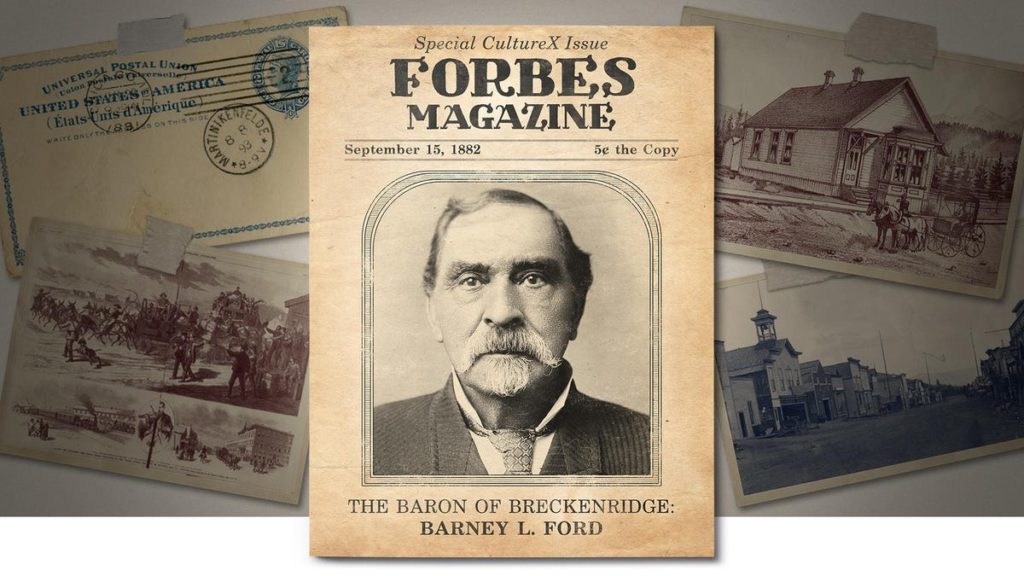Honoring Colorado’s Black History: The Resilient Barney Ford
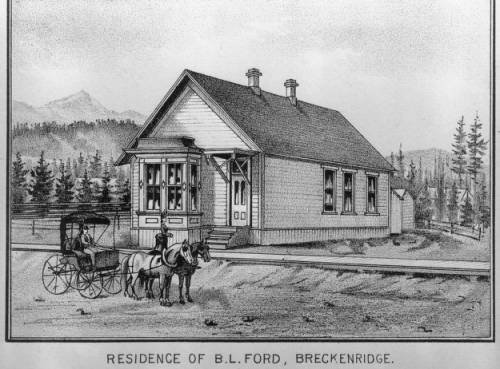
Headed West
Mr. Ford and his wife heard of the gold rush in California, and decided to head west and try their luck. Overland travel was too risky as he was still considered a fugitive slave, so the two set out on a ship to the west coast. On their journey, the ship stopped in the port of Greytown, Nicaragua. Some accounts say Mr. Ford contracted Malaria, forcing them to stay in Greytown for a while. Either way, the couple was became so enamored with the area that they decided to own and manage a hotel in the town, catering to Americans.
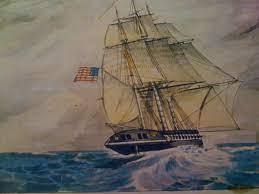
The USS Cyane.
Before the Panama Canal was built, the route often taken by ships to reach the Pacific Ocean was known as the Nicaragua Route. The area was under British control, and there were taxes being levied on American ships passing through, as well as other slights against Americans in the region. On July 13th, 1854, the USS Cyane, a US Naval ship, arrived. After a short attempt at negotiations, the Cyane began firing on Greytown, followed by a contingent of U.S. Marines who made landfall and ignited massive fires throughout the town. No casualties were reported, but Mr. Ford’s hotel and the entire town was destroyed.
Determined, Mr. Ford opened another hotel around the area. But in 1855, an American mercenary named William Walker traveled to Nicaragua in hopes of recolonizing it. After some fighting, Walker and his troops gained power and he installed himself as president, declared English the official language, and reinstated slavery. The Fords decided it was time to go back to the US. After a brief stint in Chicago, they chose to follow the gold rush out west again. After stops in Denver and Central City, CO, the couple settled in Breckenridge, operating a boarding house. Mr. Ford tried to stake a mining claim for gold, but was swindled by a dishonest and racist lawyer, who took the claim on Mr. Ford’s behalf.
Finding Success in Colorado
Traveling to Denver frequently, Mr. Ford bought a building on Blake Street for $672, and opened a barbershop in the basement as well as a restaurant in the rear of the property. Fire struck again and his building was destroyed, as the Great Fire of April 1863 burned down much of Denver’s downtown. Undeterred, Mr. Ford quickly secured a loan from a regular at his barbershop and bought more property, building a larger structure where his barbershop and restaurant once stood, featuring a bar, restaurant, and barbershop. His People’s Restaurant offered exotic hard-to-find delights, like fresh oysters and Cuban cigars. His income of $4,673 in 1864 made him the fourteenth-highest earning person in the city of Denver.
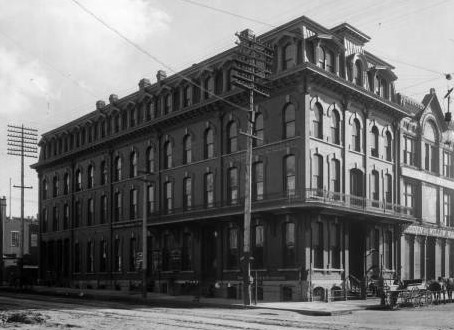
Mr. Ford’s Inter-Ocean Hotel, Located on the Corner of 16th & Blake.
That year, the Colorado Territorial legislature enacted laws that prohibited Black men from voting. In disgust, Mr. Ford left Colorado and briefly returned to Chicago, until Congress outlawed U.S. territories from denying suffrage based on race. Mr. Ford returned, and in the coming years expanded his presence in the hotel business, opening up the opulent Inter-Ocean Hotel on the corner of 16th and Blake Streets. In the 1870s, he was worth over $250,000, and focused on using his wealth and influence to help former slaves, assisting with education and dismantling racist policies. He had already helped establish the first adult education classes in Denver in 1866, become the first Black man to serve on a federal grand jury in Colorado, and was the first Black man to be nominated to the Colorado Territorial legislature.
Determination Defined, Legacy Cemented
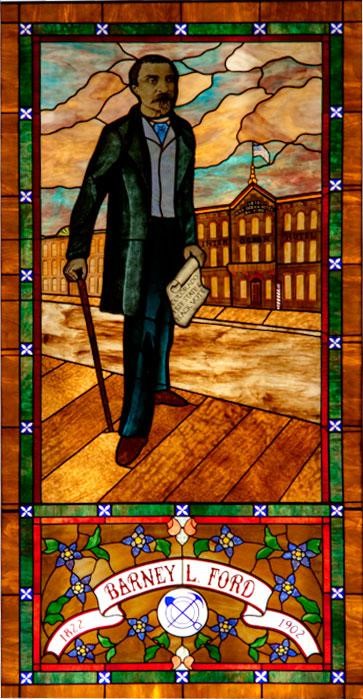
Stained Glass in CO State Capital Building Honoring Mr. Ford.
Always a businessman, he moved back to Breckenridge in the 1880s due to a silver boom there, and built himself and his family a large home at 111 East Washington Avenue, which still stands today. Mr. Ford died in 1902. His family’s Breckenridge home is now operated by the Breckenridge Heritage Alliance as a museum that is free and open to the public. He has a Denver public elementary school named after him, a Denver Housing Authority building bearing his name, and many other landmarks, including Barney Ford Hill in Breckenridge. He was inducted into the Colorado Business Hall of Fame in 1992 and has a prominent stained glass window honoring him in the Colorado State Capitol. As Americans and Coloradans, we are thankful for Mr. Ford and his family’s contributions to justice, equality, and to the history of our country and our state. We encourage you to learn more about Barney Ford and all of the heroes we highlight throughout February and beyond.
Be sure to stay tuned to our Visible Us Blog for more product updates and VNL Team content!
About the Author: Will Jacobson
Will Jacobson is the Business Development Specialist on VNL’s Marketing and Communications Team. Originally from New York City, Will loves living in Colorado and all the outdoor life it has to offer. He’s also a pretty big foodie!
